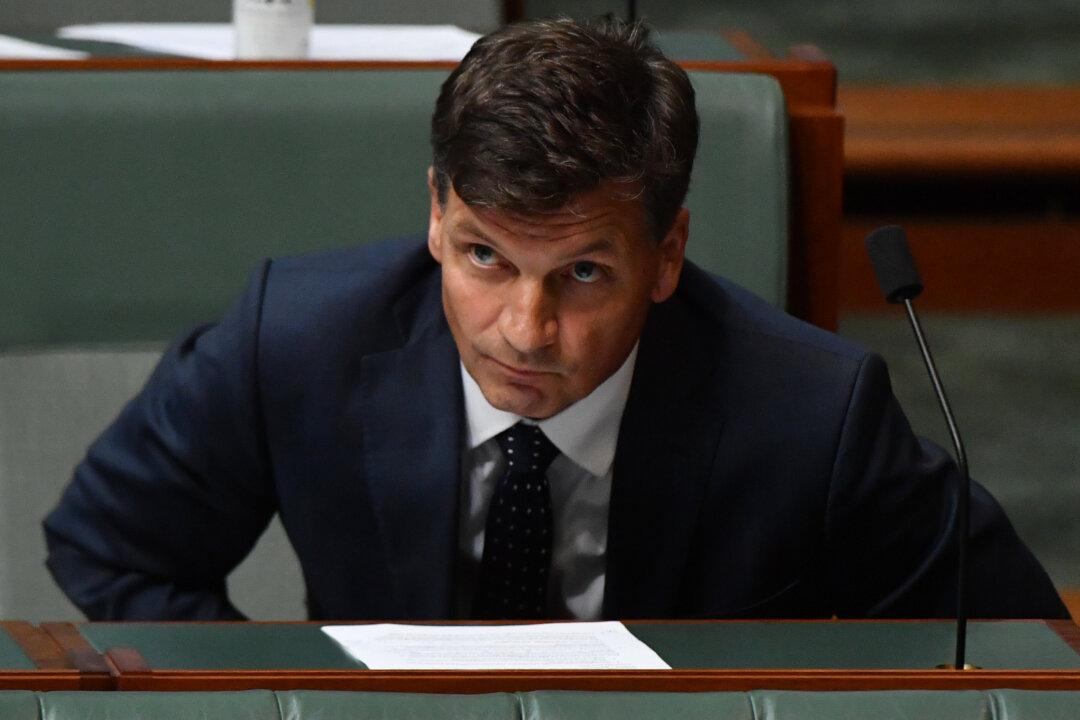Australia’s major political parties have battled over whether or not to allow the nation’s renewable energy agency to fund low-emissions projects based on fossil-fuel technology.
Last year’s 2020-21 federal budget (pdf) allocated $1.6 billion (US$1.2 billion) to the Australian Renewable Energy Agency (ARENA) in the hopes it would aid the government’s Technology Investment Roadmap.





